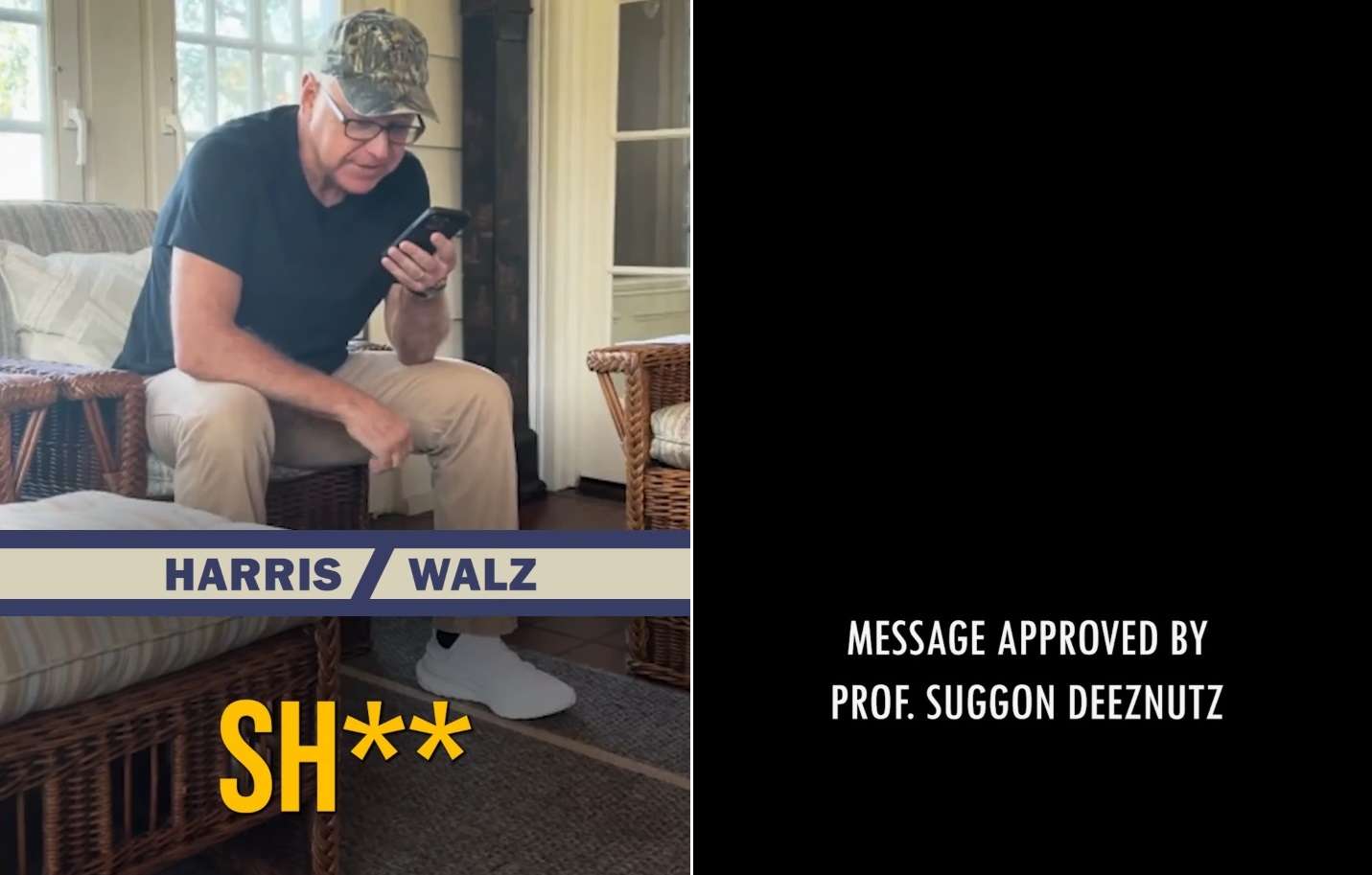A lawsuit has been filed challenging a Minnesota law that prohibits the use of deep fake technology to influence elections. The law, enacted in 2023 and amended in 2024, criminalizes sharing AI-generated content without consent if it is intended to harm a candidate or influence an election within a certain timeframe. Content creator Christopher Kohls and state Rep. Mary Franson argue that the law violates free speech rights. Violating the law can result in imprisonment or fines, with penalties increasing for repeat offenders or if the deep fake is shared with intent to cause harm. The law also allows individuals depicted in deep fakes or candidates to seek injunctive relief against violators. The broad definition of “deep fake” and restrictions on sharing such content raise constitutional concerns, as they could criminalize even clearly labeled parody or satire. The lawsuit contends that the law is akin to a “Ministry of Truth” and threatens protected speech. Both individuals are looking forward to continuing their online activities of posting and sharing videos and political memes, some of which are created with the help of AI technology.
Kohls recently faced criticism for a parody video he made of a Harris campaign, which was shared by Elon Musk. Franson also shared Musk’s post of the video. Both are concerned about potential violations of Minnesota’s deep fake law.
Franson often shares memes and videos created by others, many of which are computer-edited or AI-generated, featuring real politicians in a comedic or satirical manner. The lawsuit filed in the U.S District Court for the District of Minnesota aims to challenge the constitutionality of the state’s deep fake law and prevent its enforcement.
According to HLLI Senior Attorney Frank Bednarz, the law restricts protected speech and could harm candidates’ ability to freely express themselves during elections. The complaint argues that the law is overly broad, represents a content-based restriction on speech, and is not tailored to serve any legitimate government interest. The lawsuit seeks to declare the law unconstitutional and prevent its enforcement.
In other news, a judge has ruled Georgia’s six-week abortion ban as unconstitutional, stating that forcing a woman to carry an unwanted fetus violates her constitutional rights. Additionally, a study has found an increase in pregnancy-related prosecutions following the repeal of Roe v. Wade.
Today’s image features Las Vegas in 2020.
Source link





